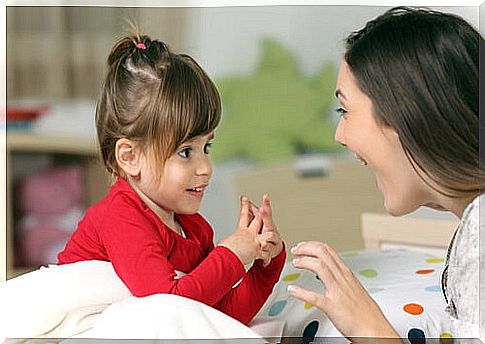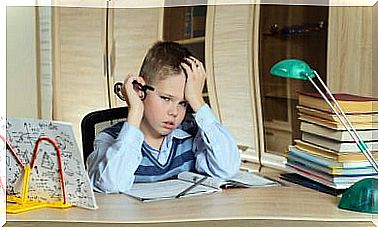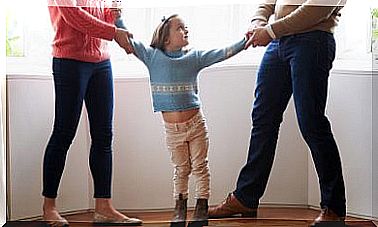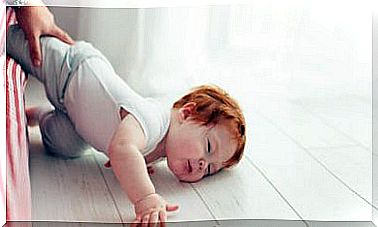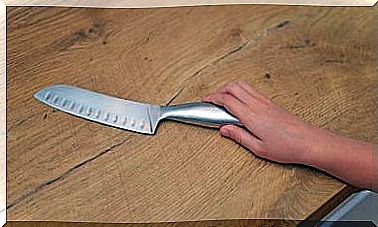17 Guidelines To Stimulate Language In Children

Children are acquiring language since they are young in a natural way thanks to social exchanges with the environment. However, sometimes, it is necessary to stimulate language in children due to difficulties that arise, such as pronunciation, lack of vocabulary or language production.
The evolutionary process in the acquisition of language follows its rhythm in each child; not all children are the same, nor do they acquire it at the same age. We have to be clear that each child has different characteristics and development times.
It depends, to a large extent, on the parents, that the children pronounce and articulate sounds well, unless there is a physical problem in the child that prevents it. How? Offering correct models of pronunciation. How can parents stimulate language in children? Keep reading.
Keys to stimulating language in children
Talk a lot with them
We can ask them about their tastes, friends, favorite activities, how they are dressed… There are countless topics of conversation to talk about with our children!

Stimulate conversations
With visual support from books or photos, we can review basic concepts with them.
Increase your vocabulary to stimulate language
We will show them objects, and we will tell them the name of each one of them. Thus, we are explaining its characteristics, its shape, its color, etc.
Tell tales
This activity is very motivating for children. We can make sounds, gestures, noises, while we read the story. After reading, we will ask them easy questions about the content of the story.
Seize any occasion
Every occasion is good to promote communication: a trip, housework, looking at the clothes in your closet, the furniture in the room, the colors of the objects … And we will always talk to them placing ourselves at their height.
Play games to stimulate language in children
We can stimulate oral expression through games at home, such as I See-I See or The Treasure Route by hiding things and then giving them clues and finding them; any game we can think of in which we have to talk.
Show them our joy and enthusiasm
It is important that, although things do not always go well for them, if they have taken an interest in the activity they are doing, we should show them our joy and how proud we are of them.
Don’t overprotect them
If we overprotect them, we are not letting them develop their full personality. We must give them autonomy and that, as far as possible, they are the ones who develop in the activities.
Always listen to them
It is very important that we listen to them carefully and always answer their questions. In this way, we will make communication pleasant.
Play blowing
The games of blowing balloons, sucking with straws, whistles, trumpets, imitating animal noises or sounds, are beneficial to exercise the mobility of the mouth.
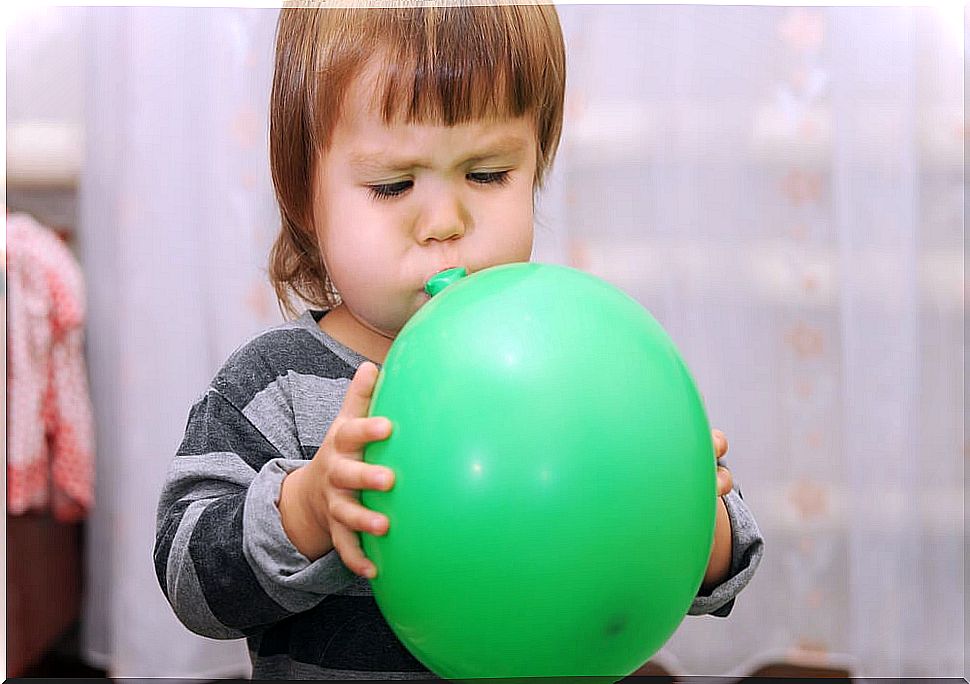
More guidelines to stimulate language in children
Imitate so they learn to pronounce
Children learn a lot by imitation. For this reason, when you talk to them, do it slowly, pronouncing them correctly and they are yelling. We should not ignore them when they want to speak to us, or reinforce them when their expression is deficient.
Reward children when they speak well
We should correct them when they are wrong, but never criticize, laugh or get angry with them. Nor should we compare them with other children, siblings, cousins, friends, etc.
Do not cut the children while they speak
It is not convenient to tell the children, as they speak, to stop and start over.
Do not speak to them with childish language
The child speaks with infantile language because it is still in an early stage of the language acquisition process. If we imitate it, we will be delaying and stopping that process that will end with a correct pronunciation.
Not responding for the child to stimulate language
When we ask the child for something, it is important to do it so that the child cannot answer us with a “yes” or a “no” . For example: “Do you want an orange or a banana?” Instead of just saying, “Do you want a banana?” .
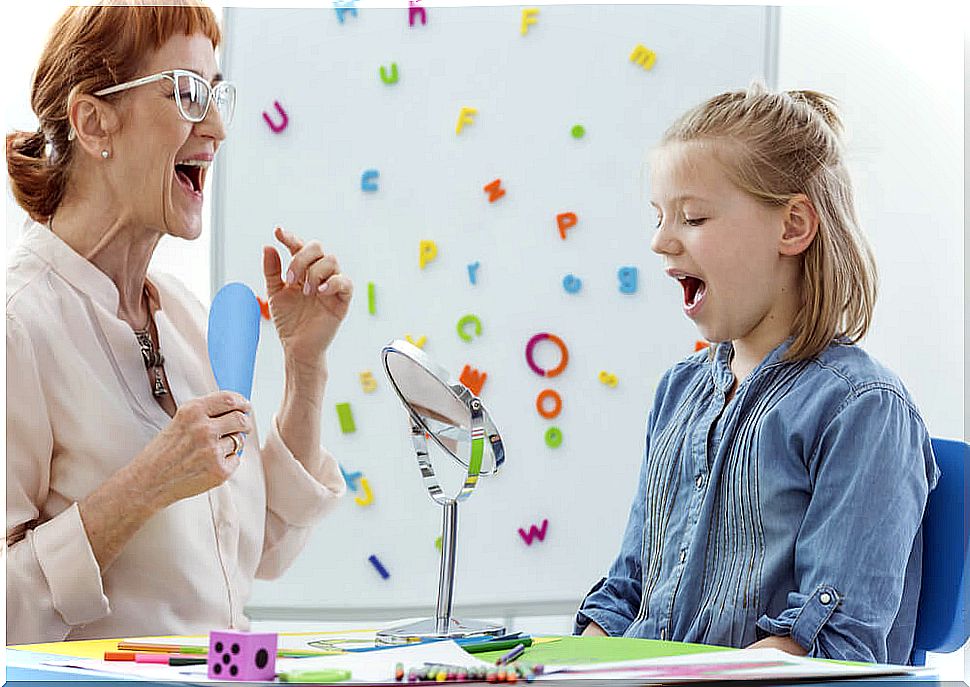
Do not imitate the child
Although we may find his way of speaking funny, we should not imitate the child in his pronunciation, because, thus, we will be promoting that bad pronunciation.
Do not cut the end of words
It is important that when we speak to them we do not cut the end of the words, and when they do we correct it so that their learning and acquisition are adequate.
About language stimulation in children
These are some of the guidelines to stimulate language in children. If you start them, your child’s language development will surely improve, as long as there is no physical problem that prevents him from correct pronunciation.
Of course, these guidelines are not substitutable for a speech therapist if your child needs one. It all depends on each child and the language problem they have.
